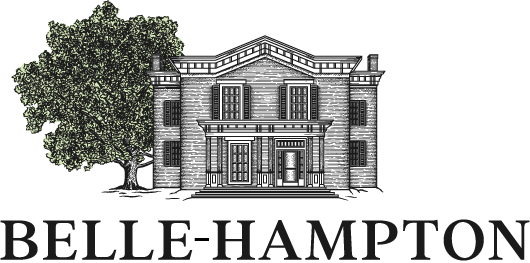Family Balance Sheet: Starting with Each Individual's Development Plan
Madeline with her dad at Georgia Tech Graduation, 1985
When I was entering college and deciding on a major, I received guidance from my dad that I should always include business lessons no matter what I choose. Great advice for any young adult, but especially true if they are part of a family business or stewards of family wealth. As we sat down with our children during a family council meeting, some members realized their shortcomings of lacking knowledge about balance sheets and cash flow statements. What should the education criteria be for family members responsible for managing family wealth in the future?
One answer is to develop a Family Balance Sheet development plan. It entails mapping the individual family member's needs, wants, current knowledge, and aspirational learning levels in the areas of Intellectual Capital, Social Capital, Human Capital, and Spiritual Capital. Topics would include, but not exclusive to, the following: budgeting, financial planning, understanding statements, career planning, stewardship, estate planning, trusts, working with advisors, investing, entrepreneurship, direct investing, savings, lifestyle management, philanthropy, impact investing, family governance, wealth transfer, family office, credit/debit/lending or other.
The first step is to determine which items on the list are requirements for an individual family member to be proficient in to succeed as a family contributor to the Family Balance Sheet. For instance, budgeting is a good idea for everyone in the family in any role. Lessons on how not to spend beyond your means are crucial for success in life in general. It can start at a young age by learning how to handle an allowance and maybe even a bank account, real or fictional. Taking time with children to read books like, But I Want It when they are little, focusing on savings, sharing, and spending. But for someone in the role of a steward, understanding financial statements would rise to the top of essential knowledge requirements. Once the initial functional requirements are determined for each role, the how of the individual’s education begins.
Is an MBA required to be in some of the roles? Maybe, but having various backgrounds, especially for the family council, can bring a different perspective to the meetings. Someone with knowledge in art might not have the financial acumen, but that could be included in the development area. Their benefit might be from a visual standpoint of logo design, marketing, or creatively thinking out of the box. Don’t discount any background with their ability to challenge the status quo.
There are also the wants in educational development. It might not be required, but a family member might want to receive a certification or degree in philanthropy. Could it benefit the family? Depending on the family’s wealth and structure, maybe. Even if the wants don’t initially impact the family, as a human capital investment, it benefits the group by contributing to society as a whole. The member contributes to the discussion with knowledge.
A subsequent step in the process is to evaluate the current educational level of family members. Who understands the subject utilizing certification, degree, or life experience? Knowing the current level allows the family and its members to plan where to go next. For example, all the family council members are doctors. Yes, well educated, but how much business experience? Do they know how to invest, understand the financial statement or know how to work with the advisors? This can be tricky since it may be a self-reflection of their capability. We would advise the second step of family members also having input to the evaluation.
We would also include an aspirational level for family member's evaluation. A member might seek to run their family office eventually. What would be the requirements for that position? A minimum of an MBA could be a start, but maybe a certain number of years as an Investment Banker or a key person in another Family Office. Different criteria would need to be fleshed out for a clear direction on the family education plan.
Mason’s MBA Graduation Celebration, Case Western, 2021
Once the educational topics are mapped, the curriculum could be created to help prioritize learning objectives. Family goals and benchmarks for achievement in each learning path map out the overall plan. Matching norms and expectations against members' skills, competencies, attitudes, and behaviors reveal the family human capital gaps. Filling in these gaps should be the objective of developing the Family Balance Sheet.



